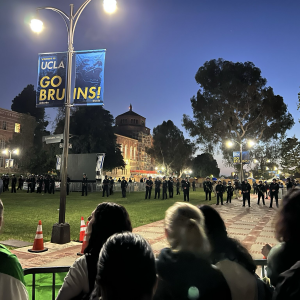 View Winners →
View Winners → 
More than 1,000 people gathered to protest the death of George Floyd and call for “abolishing the police” in downtown Los Angeles on June 5, 2020. The idea of police abolition reached the mainstream this year after the police killings of Black Americans like Breonna Taylor and George Floyd . People gathered in the streets in numbers never before seen, chanting humanitarian pleas of “Black lives matter” and solutions like “defund” and “abolish the police.”
The deaths, whether caught on camera or not, sparked a collective rage against the police and systemic racism that is still burning . For people long familiar with the terrors of policing, the widespread calls for reform (with efforts like banning no-knock warrants and requiring the immediate release of body camera footage after a police shooting) felt like some relief. But the more progressive calls for defunding (moving resources away from police officers to alternative first-responder services and community programs) and abolition (straight-up doing away with the entire prison industrial complex) have inspired a way forward.
Abolition of the prison industrial complex has existed as a movement for decades. Activists have long argued that locking people in cages and relentlessly funding the police are […]





































































































